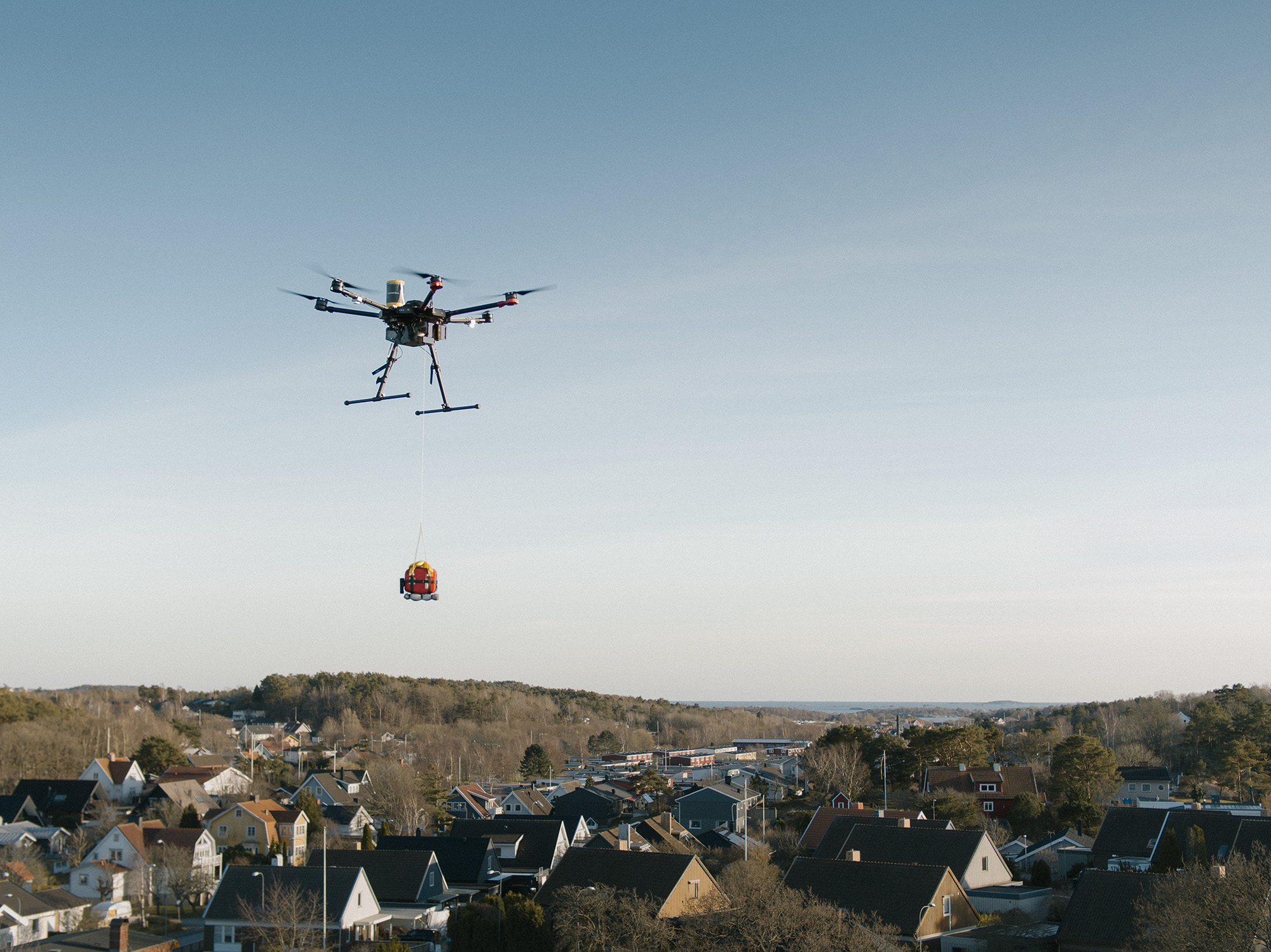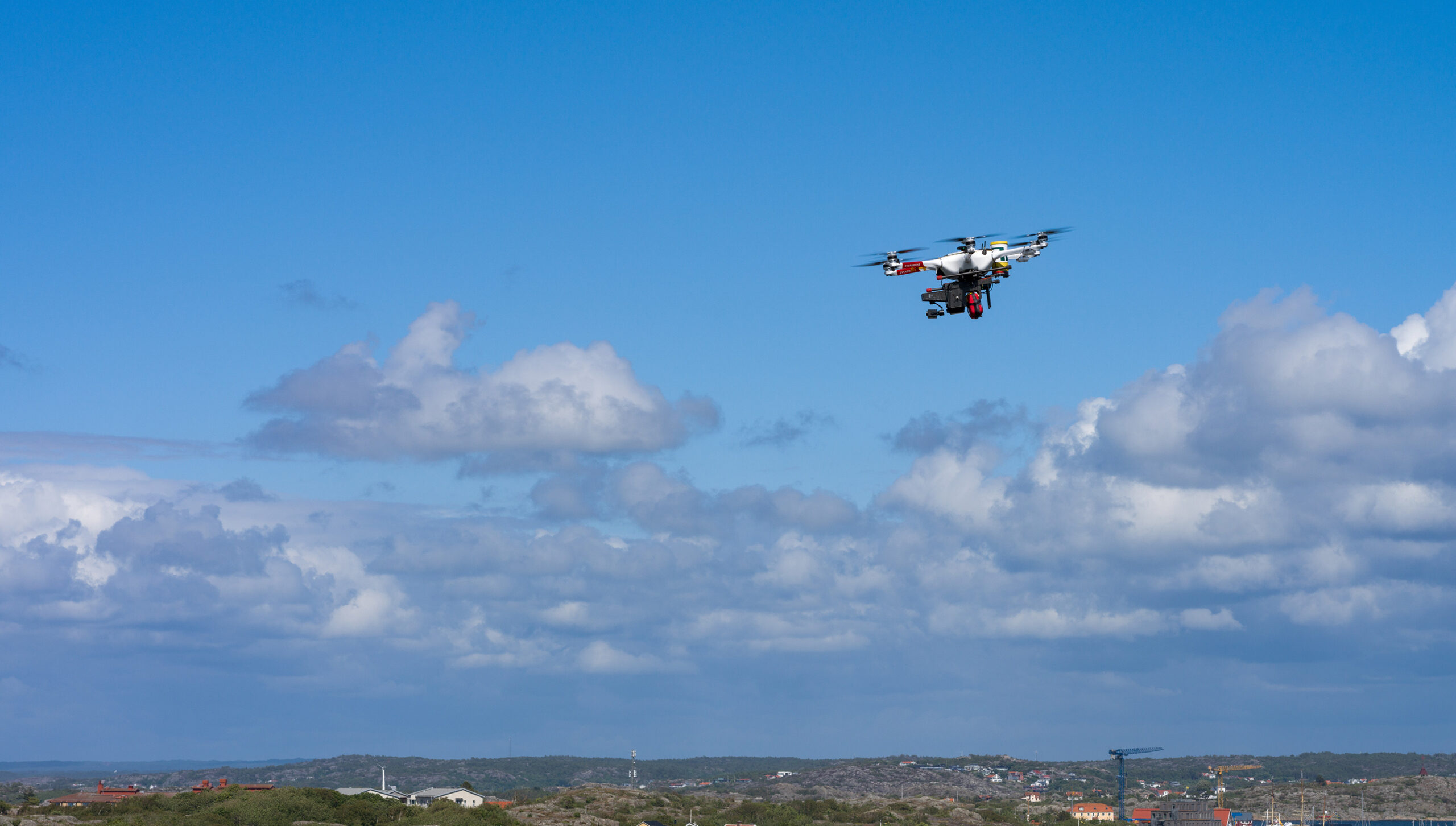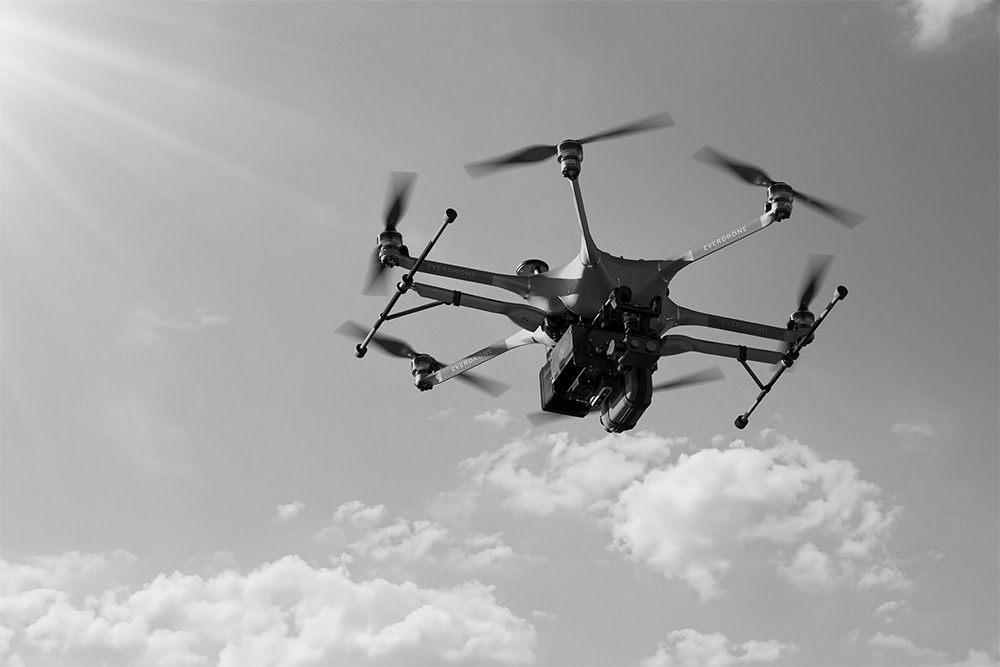Everdrone success case covered by New England Journal of Medicine
Press release 20.05.2022

“We know what’s needed to save lives. We know that it’s all about a well-functioning emergency chain, early call for help, early initiation of CPR, and quick access and use of defibrillators.”
Everdrone’s system of drone deliveries of vital defibrillators is garnering attention all over the world, not the least in the medical community. The latest evidence of the interest is the publication of an article in The New England Journal of Medicine – the world’s highest ranked medical publication. A testament to the ground-breaking properties of the service, and the benefits it can bring to the community at large.
The successful drone delivery of an AED (Automated External Defibrillator) unit that was part of the chain of survival which save the life of a 71-year-old man in Trollhättan in December last year, has been covered by a wide number of news outlets all over the world. The fact that the speedy delivery constituted the first time in medical history that a defibrillator transported by drone was used to defibrillate a patient, has made the medical community sit up and take notice.
Now, Everdrone’s Emergency Medical Delivery service and the Trollhättan case is the subject of a Letter to the Editor in renowned New England Journal of Medicine. A proof of the interest in the unique properties of the service, according to one of the letter’s authors, Andreas Claesson, Associate Professor at the Center for Resuscitation Science at Karolinska Institutet.
“The fact that we now have a real-life case where a drone-transported defibrillator was successfully delivered, before the arrival of Emergency Medical Technicians, and then used to give an electric shock as a part of the life saving measures, shows real feasibility. Although the patient received several additional shocks by the ambulance crew, the Trollhättan case stands as proof of concept for something that only ten years ago was viewed as more or less science fiction”, says Andreas Claesson.
In his work as a Paramedic, Andreas has been exposed to numerous cardiac arrest cases. In Sweden alone some 6,000 cases occur annually, with a survival rate of 10%. Since 2006, Andreas has been involved in research at Karolinska in an effort to find ways to better these statistics.
“We know what’s needed to save lives. We know that it’s all about a well-functioning emergency chain, early call for help, early initiation of CPR, and quick access and use of defibrillators.”
In his researcher capacity Andreas has been heading up the scientific part of the cooperation between the ambulance services, the dispatch centers at SOS Alarm and at Region Västra Götaland, as well as Everdrone. And now, the proof of real feasibility of the EMADE service has been achieved.
“My hopes are that this project will have a real impact and reach a large audience in the near future. I think that the attention this successful case report will attract through the publication in the world’s highest ranked medical publication, will show that we’re doing something really positive, and that will help increase engagement and drive additional research, both on the technical and the medical aspects of the solution.“
View the full article in the New England Journal of Medicine here!
Press material
Still images
https://www.dropbox.com/sh/knaj8edwn2djth5/AACgILoWaCQ2z1EHy4NR4Djwa?dl=0
Edited video (ready for publishing)
https://www.dropbox.com/sh/cgpbe4vrf91lpkv/AAAEDakKqxY9esnDLFhLGdl4a?dl=0



